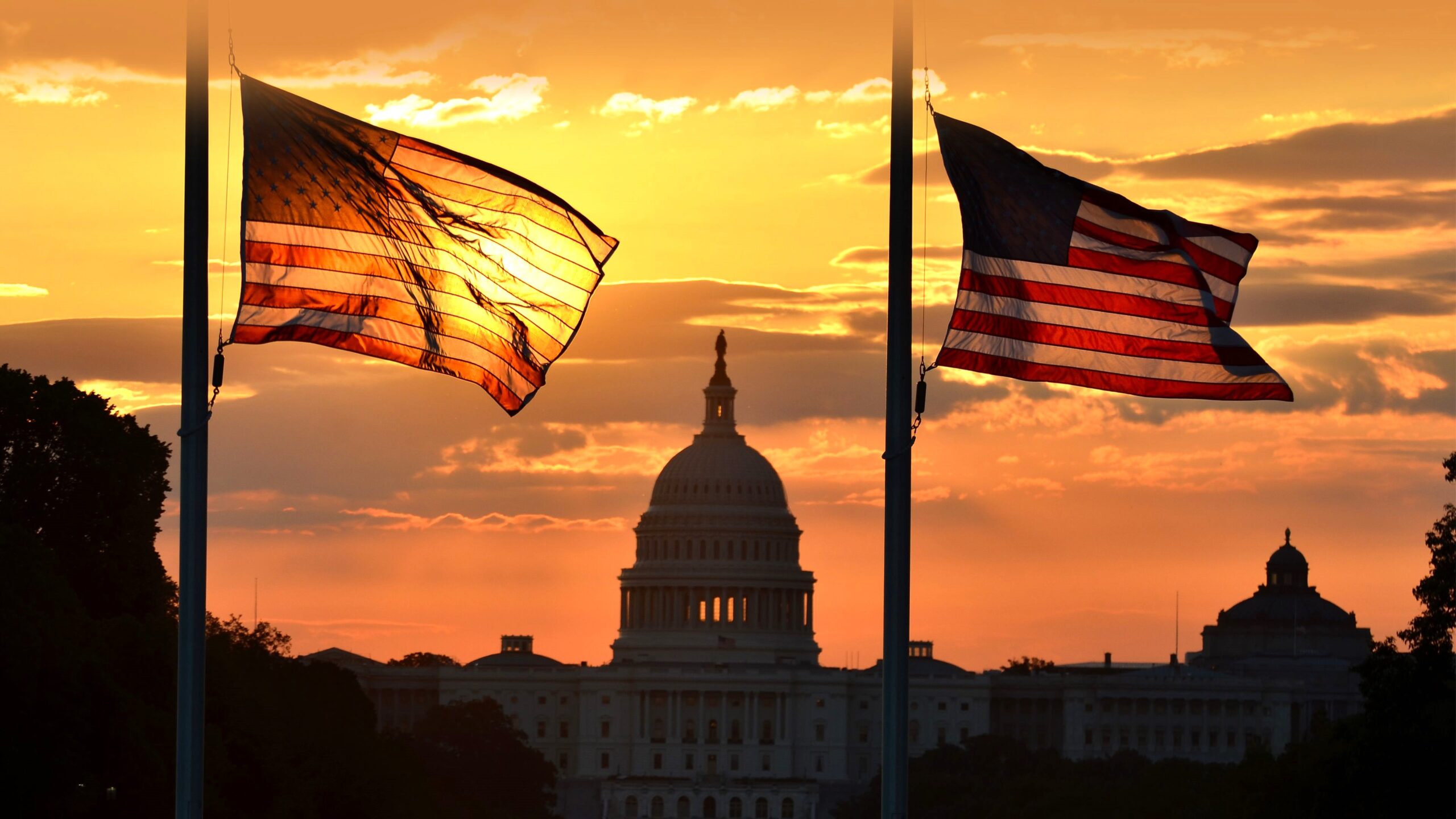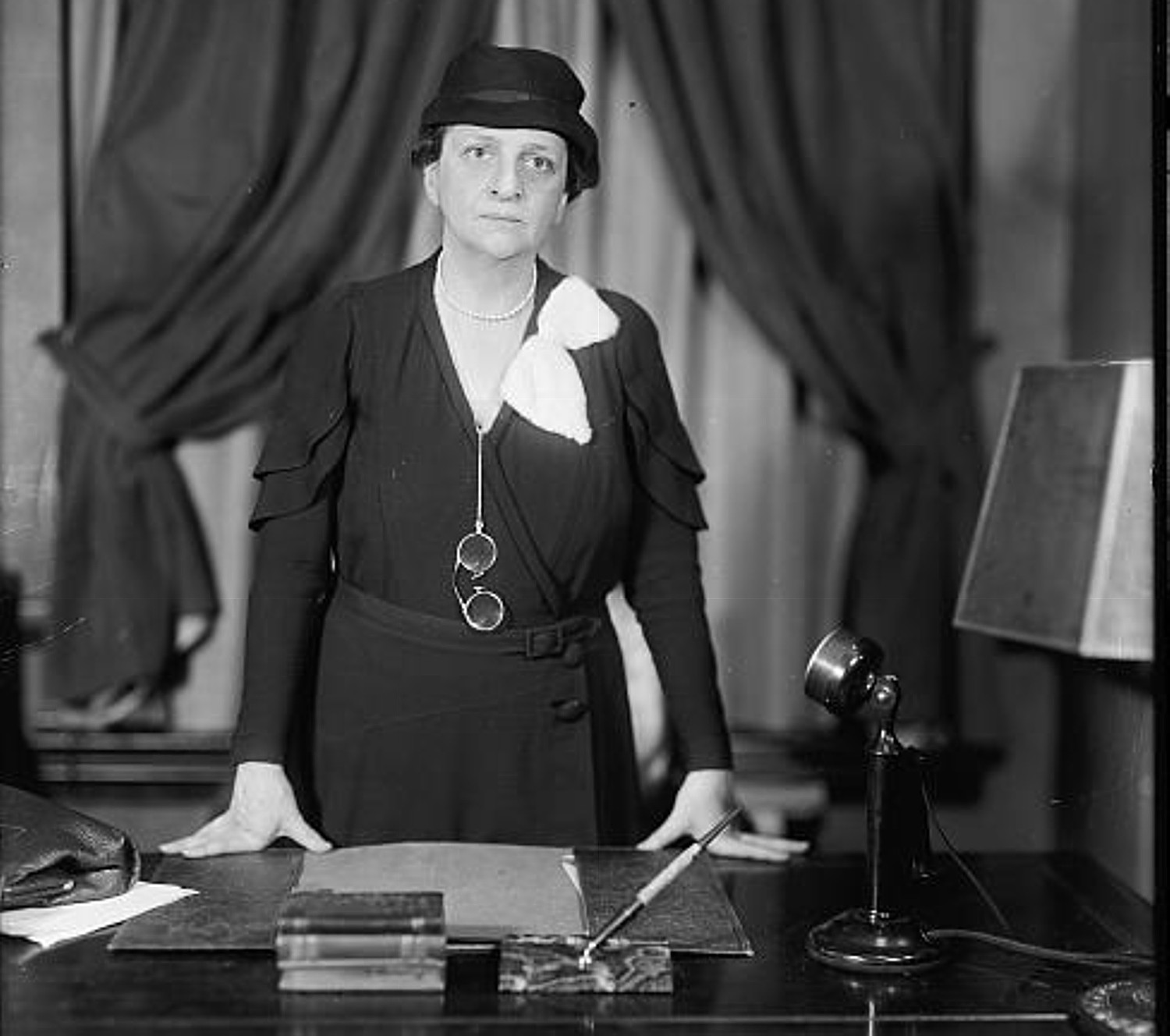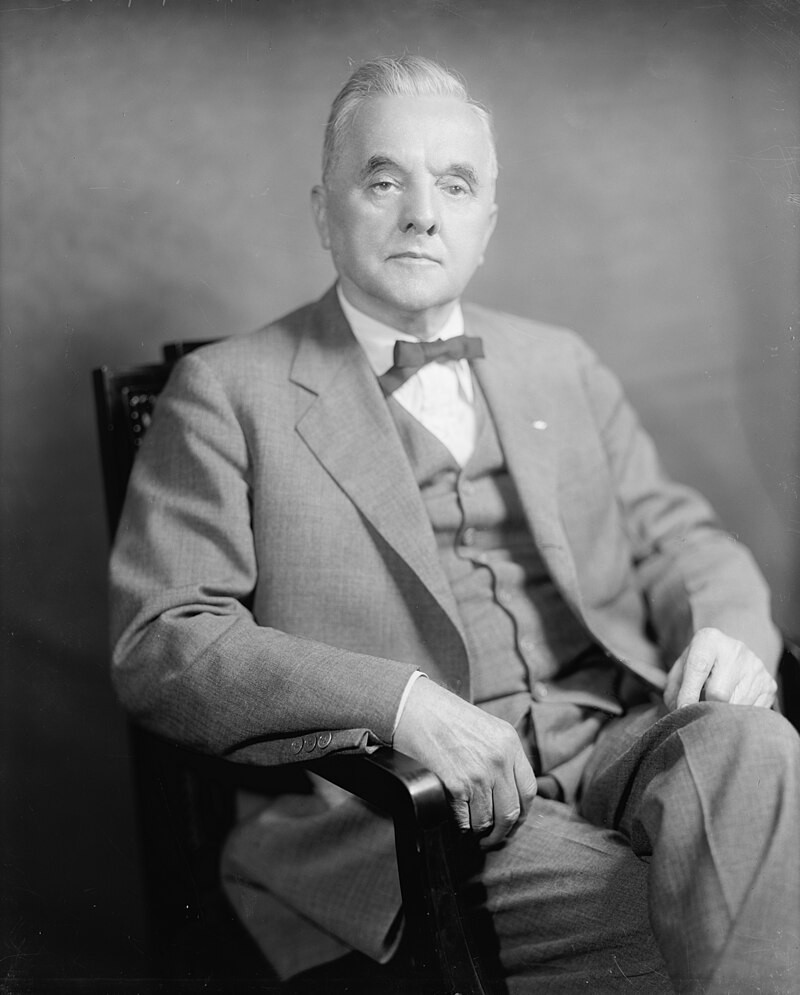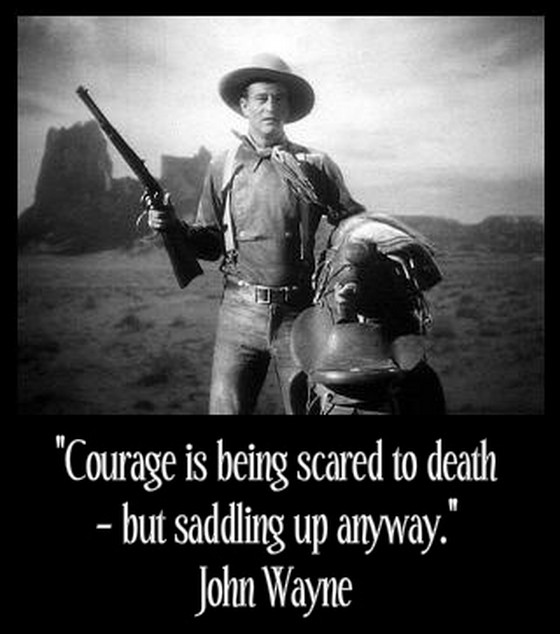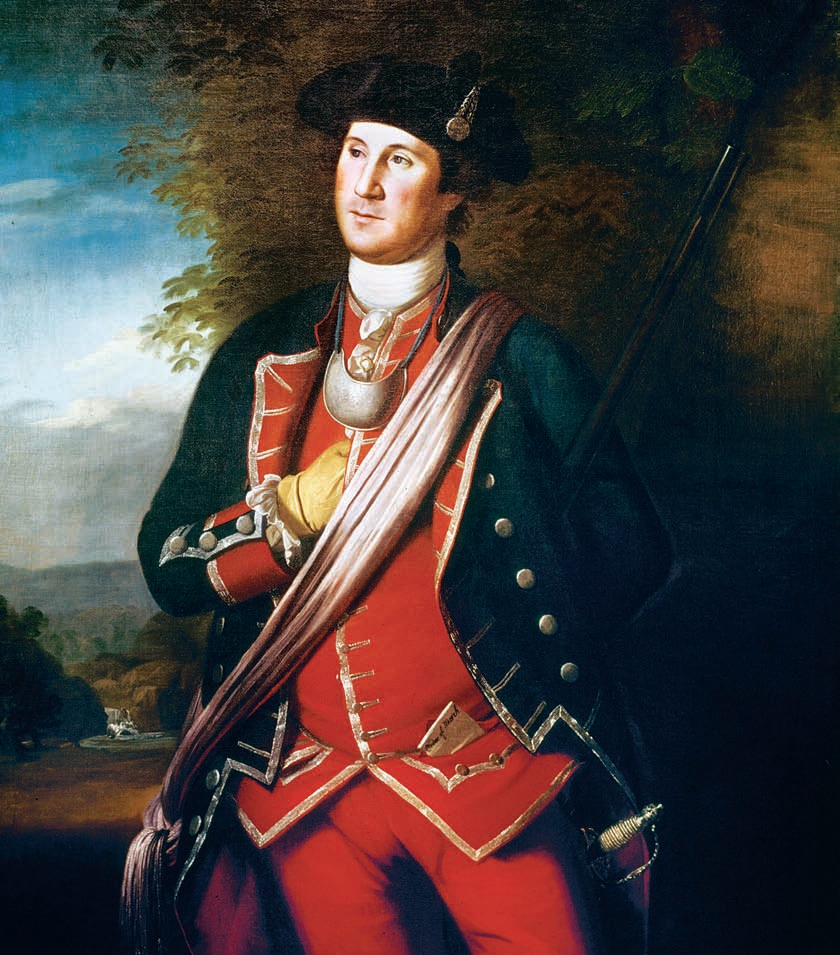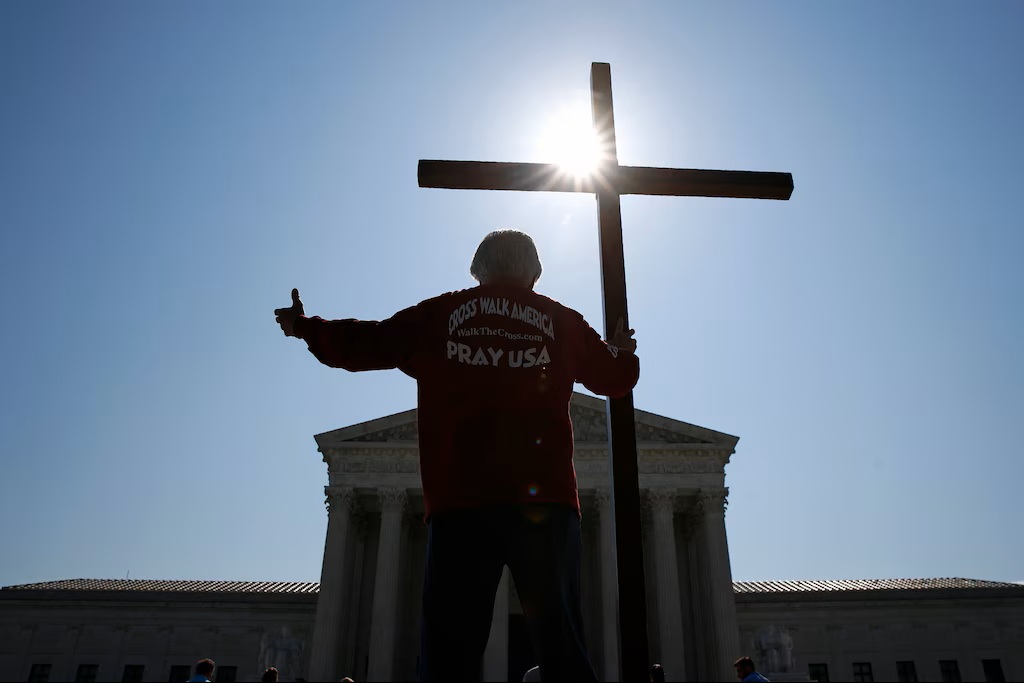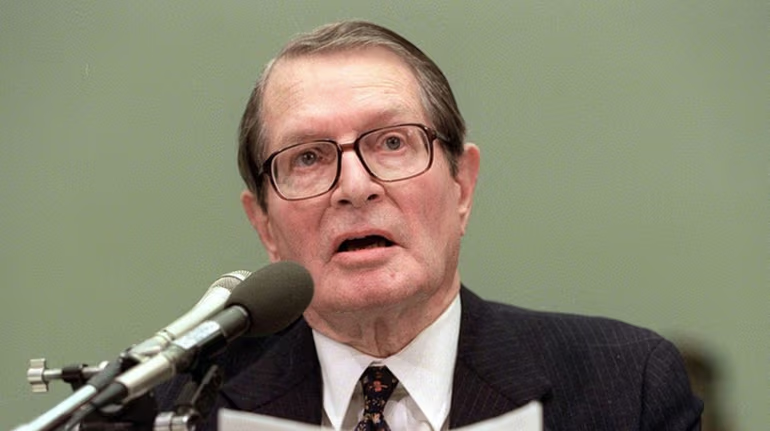
“Republicans won’t speak out against Trump because they’re afraid, politically.”
The measure of a public servant isn’t how tightly they hold onto power, but how faithfully they hold their integrity when the pressure to bend is greatest. Few can withstand the pressure; fewer still have the character and courage to act.
In October 1973, amid the growing Watergate scandal, Attorney General Elliot Richardson faced a test that would ultimately define his life and reaffirm a timeless truth: The Rule of Law Survives Only When Conscience Stands Guard.
Richardson was a man who believed action mattered more than show. A Harvard-educated lawyer and a lifelong Republican, he believed in the process and responsibility of his position. When Congress confirmed him as Attorney General, he was tasked with appointing a special prosecutor to investigate the Watergate scandal. He agreed, but only after making one clear promise: that the prosecutor would be free to pursue the evidence wherever it led.
For Richardson, that promise was non-negotiable.
The nation was already shaken by revelations of political espionage and corruption at the highest levels. Richardson understood that if the investigation were to have any meaning, it had to remain independent, even from the president.
But as the pressure on Richard Nixon intensified, so did the president’s desperation. Nixon ordered Richardson to fire Special Prosecutor Archibald Cox, who had subpoenaed the White House tapes. Richardson refused. He reminded the president of his commitment to Congress and the country. When Nixon repeated the order, Richardson chose to resign rather than break his word.
“I could not in good conscience carry out that instruction,” he later said.
Deputy Attorney General William Ruckelshaus also refused and resigned. Finally, Solicitor General Robert Bork, next in line, complied and fired Cox.
The press called it “The Saturday Night Massacre,” and it shook the country deeply. But beneath the chaos was an act of quiet clarity: two men placing conscience above a command from a president. Richardson and Ruckelshaus reminded the nation that the Constitution depends not on loyalty to power but on loyalty to principle.
Elliot Richardson’s resignation was an act of faith. Faith in the law. Faith in the idea that public service means more than holding office; it means holding fast to what’s right when it matters most and the cost is high.
In an age when expedience often outruns ethics, Richardson’s example endures. He walked away from his post to preserve something far greater than a title: his honor.
Comments
